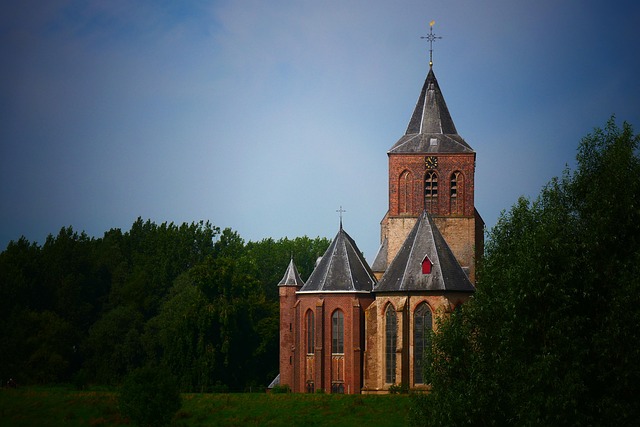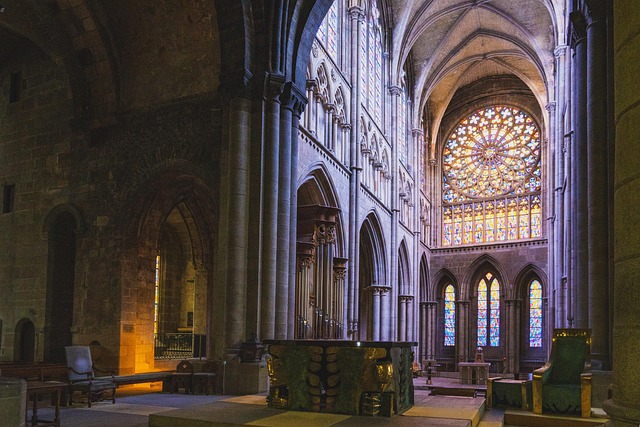Ascension Day holds profound spiritual significance across various religious traditions, serving as a pivotal moment of reflection and celebration. This day commemorates the ascension of Jesus Christ into heaven, marking the culmination of his earthly ministry and the promise of his return. For Christians, it is a time of profound gratitude and hope, as the events of Ascension Day remind believers of the divine connection between heaven and earth.
Within the framework of Christian rituals, Ascension Day is typically observed on the 40th day of Easter. This event occurs40 days after Easter Sunday, reinforcing the idea of continuity in the faith journey. Churches hold special services that often include readings from the Gospel, hymns that express joy and thanksgiving, and prayers that reflect the themes of ascension and promise. Many congregations decorate their worship spaces with symbols of the ascension, such as clouds or the portrayal of Jesus ascending, fostering an atmosphere of reverence and awe.
In addition to its Christian significance, Ascension Day resonates with broader spiritual themes found in various religions. For instance, many spiritual traditions emphasize the idea of transcendence, the notion of moving beyond the earthly realm to connect with higher states of consciousness or divine presence. This theme reflects the universal human yearning for elevation and enlightenment, echoing the experiences of numerous religious figures throughout history who sought connection with the divine.
Rituals associated with Ascension Day often foster community and personal reflection. Many believers take part in communal gatherings, reinforcing the collective experience of faith and the shared hope of future reunion with the divine. These rituals might include sharing meals, engaging in discussions about faith, or participating in acts of service, furthering the sense of community that Ascension Day inspires.
The importance of Ascension Day is also reflected in its place in the Church calendar, acting as a bridge between Easter and Pentecost. This transition invites believers to reflect on the role of the Holy Spirit in their lives, encouraging a deeper understanding of their own spiritual journeys. As Christians prepare for Pentecost, they are encouraged to ponder the implications of Jesus’ ascension and how it affects their faith walk.
In many cultures, Ascension Day is marked by unique local customs and traditions. Some communities might have processions or fireworks, symbolizing the joyous nature of this divine event. These cultural expressions illustrate how religious beliefs intertwine with community identity, showcasing the rich tapestry of spiritual life and its impact on daily practice.
In summary, Ascension Day is more than just a historical event; it represents a powerful moment of spiritual ascent, hope, and community. It calls upon individuals to reflect not only on their faith but also on the larger narrative of humanity’s connection to the divine. Through its rituals and observances, Ascension Day allows believers to celebrate the promise of eternal life and the ongoing presence of God in their lives, reminding them that they too are invited to ascend in their spiritual journey.




